
Teenagers
It's our job to give teenagers enough freedom—without being reckless. It's our job to set boundaries—and still give them a choice…

Teenagers. I know I once was one too. Despite this, Hashem has made me forget a lot about that time in my life, in order to parent my teenage children. If I totally and completely related to them on every level, I wouldn’t be able to guide them properly. I would be too busy being their equal saying things like, “Oh-my-gosh-no-way!” in high screeching tones. (Sometimes I still do that just for effect). I would be too busy empathizing with them instead of steering them in the right direction. In short, I would not be much of a parent if I was trying so hard to be their friend.
In no way am I advocating being a distant autocrat of a parent. Yes, it is important to enjoy a close relationship with one’s teens. There definitely is an element of friendship that should bind us close. But first and foremost, I am their mother.
Sometimes, I watch my teenagers from afar, like an anthropologist taking notes on a study subject somewhere in the tundra of Africa. Except, instead of hiding behind some brush in the Serengeti, I hide behind my couch—waiting to gain some insight into this new species that I know not how to relate to at times.
Case study one: The refrigerator. It’s amazing how many times they will stand in front of this appliance, door open, waiting for it to bring forth its bounty as if on command. Sometimes they stand there alone. Sometimes with a friend or two. After a few minutes of staring into its shelves, bursting with all kinds of food (thank You Hashem!) they will issue their inevitable proclamation: “There is nothing to eat in this house!”
Case study two: I have nothing to wear! Although this does tend to afflict the female population of this species more than boys, I have heard from occasion from my son that the pants I buy him are not cool. The outfit that was fine yesterday is ‘nebby’ the next morning. Before shopping expeditions, I always forget to pop a couple of Valium (not that I have any available, but maybe a doctor would prescribe some under such circumstances). I have learned to just sit back at shoe stores, and to keep quiet at clothing stores—unless the outfit that was chosen was so ridiculous, I screech, “Oh-my-gosh-no-way!”
The opportunities for growth are endless, for both parent and child. And yet, that is the main point—they are children trying to plant their feet firmly in adulthood. It is a struggle for independence, with the child, now teen, wanting more of it, and the parent, not willing to relinquish all of it. It is the oft mentioned tug of war so common to this age group—the key is that there should be two winners, and no losers.
I remember being a teenager, engaging in all kind of idealistic ventures for the sake of saving mankind. The other day, while going through a pile of old letters, I found an envelope addressed to me from Greenpeace, that famous militant environmentalist organization. Teenagers can relate to causes, and even more so if those causes involve animals or rescuing the planet. I remember driving everyone in our house crazy about cutting up those plastic rings that came with those six packs of soda. There was a small grassroots movement to do this, in order to prevent a poor penguin in the Galapagos island (or somewhere thereof) from choking on one of these evil contraptions invented by some capitalist fiend in America, and most likely produced by some slave labor factory in China! I made sure to do my part in saving those poor penguins or sea otters from those nasty non-earth lovers who dared to pollute our oceans, and who helped destroy our planet by buying six packs of soda (I guess our family was included in this conspiracy).
Then there was the black stage, where I dressed all in black and drove my mother bonkers! Now I still dress mostly in black—but so do most people in my neighborhood!
Teenagers have this need to fix the world, because suddenly they realize that the world is ‘broken’. That’s why they go through those 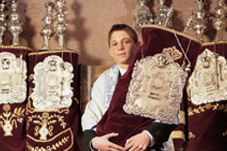 horrible mood swings! Yes, it is partly chemical and hormonal, but I truly believe that this is the age where the innocence of childhood is suddenly stripped away—and their eyes begin to look at the world through an entirely different lens.
horrible mood swings! Yes, it is partly chemical and hormonal, but I truly believe that this is the age where the innocence of childhood is suddenly stripped away—and their eyes begin to look at the world through an entirely different lens.
As I wear my anthropologist cap, I study the varying ages of our children, and I see the stark difference in the way they each view the world. I see our preschooler to elementary school children, and I see how they live in the present. They don’t worry about yesterday, and they are definitely not worrying about tomorrow. They are not concerned where their next meal will come from, and they laugh a lot—Baruch Hashem. They laugh because they are not worried! Their intrinsic trust in their Creator is whole and unblemished. They totally live in the present, with no concern about past or future. This is where that inner happiness that comes with normal childhood originates—no worries! Full and undiluted trust in Hashem and the adults in their lives.
Now come the teenagers. They see hypocrisy everywhere, and they will call you on it once they find it. The rose colored glasses that accompanied them throughout their early years have been replaced by a pair of a more cynical bent. Their parents, who seemed flawless and perfect when they could only reach them at knee level, suddenly become—human. They begin to tune in to the world, and the harsh realities that sometimes come with living on this planet. This is the era where real worry begins to set in. Worry about something as simple as a spat with a friend—or about a nuclear holocaust. They have lots of questions, and sometimes not enough answers. They are trying to find themselves on the map of the world—and where those closest to them fit into the puzzle. And of course, what role Hashem plays in their lives. As if that wasn’t enough, there’s all those physical and emotional changes taking place. No wonder they’re moody!
I always pondered—at what point did we lose that joy that comes from being? That stage when you would jump out of bed, ready to take on the day—instead of hitting the snooze button seven times trying to avoid it? And if I had to take an educated guess, it would be at this stage.(That’s probably why they like to sleep so much! )The stage where one begins the journey to adulthood—except, there’s a few adults (hopefully) in their way to achieving full emancipation. As my kids sometimes like to ask me: “Why do you always have to tell me what to do? What to wear? What to listen to?” And my standard answer is: because that’s my job.
It’s my job to give them enough freedom—without being reckless. It’s my job to set boundaries—and still give them a choice. It’s my job to ensure their safety, to see who their friends are, to see that they are properly looked after—because one day, they will go on, with Hashem’s help to build homes of their own—on their parents foundation. It does get a little hard to discipline, though, when they start to get to eye level—or when you have to look up at them to tell them to take a time out. So I’ve learned that sometimes I should just put myself in time out—it’s just easier that way.
I remember being a teenager, and more than once, yelling “I can’t wait ’till I leave this house! You all just wait and see!”
And then came our firstborn.
When my mother and mother in-law flew up to St. Louis to help out those first couple of weeks, we were absolutely clueless. When my mother was about to leave back to Miami , I did the closest thing to wrapping my arms around her legs for dear life, begging her not to leave us! We were two young, inexperienced adults—with a kid–and I had never changed a diaper in my life! (This despite having a four year old sister at the time—hi Lea!) At that point in my life, I learned to really appreciate my parents and all that they did for me throughout my life—even if at the time I fought against it. And even though our oldest sometimes likes to remind me that I can’t hold him accountable since he is the guinea pig after all, I take a deep breath and realize that what comes around goes around—and one day, when he is all grown with Hashem’s help, he will remember all the chessed I did for him—all those pizzas I ordered, all those salami hero sandwiches I put together, the cookies I baked, the clothes I washed—and the limits that I set. Yes, despite the fact that they seem to hate limits, they actually feel safest when they have them.
More than once I have heard that a child—or teenager—develops his or her relationship with Hashem based on the relationship they have with their parents. That’s quite a loaded statement.
I remember when our son received his first summons to go down to army headquarters in Yerushalaim. The night before, I kept asking my husband nervously, “Do you think he can go by himself? Do you think we should go with him?” Now, I was the mother who always followed the bus when he had a field trip—I always offered to chaperone. No one had to ask me twice. And here I had to send my baby—my baby (OK, he’s about a head taller than me now) to that place with all those army people, who might scare him or might not be too nice…
My husband, of course, being a logical male (isn’t Hashem’s world built to perfection? Can you imagine two hysterical parents instead of just one….) simply rolled his eyes. My son reassured me that he would call me if he got lost, or if he misplaced his snack,or something. He was totally—fine. But I wasn’t. One more snip of my apron strings!
As I see my kids, I see my relationship with Hashem. Tatty, I need boundaries. I need You to tell me how to dress, what to eat, what to listen to. I need You to guide me—even if at times I resented it, or I was angry. I need You to always be there, for I can’t do it alone. I need a safe place to come back to to lick my wounds, to seek solace and comfort. And Tatty—at times I might try to rebel, but that’s just the child in me testing Your boundaries. In the end, all I want is my Father’s love.
As I see the younger children, I try to emulate their pure emuna. To live in the present, and not get stuck on yesterday—or to be afraid of tomorrow. For hasn’t Hashem guided me up until now? And if I look back, 99.9% of the things I worried about never came to pass. All I did was waste precious time worrying for nothing, and not enjoying the present that is, well, the present.
As I grow up a little more, I’m going to try to regress a bit to my nursery school days. At the same time, I will try to parent our teens, with Hashem’s help, and use my maturity and life experience to guide them. And in the process I hope we will all not get confused.
As we make our way through the world, we should be grateful for the ‘boundaries’ Hashem has set up to keep us safe. For the Torah which illuminates the path, so that we are not reckless. And for the emuna which allows us to live in the present—with joy—until the Redemption, may it be speedily in our days– when we will finally come Home—to our Father Who is waiting for us.
Author’s post script:
In any writing course, the first piece of advice is ‘Write what you know.’ Being that I am no astrophysicist, botanist, or even a dog groomer—I write mostly about daily life and personal struggles. Unfortunately, that means using my family as fodder for my writing, and even though I try not to embarrass my kids, alas—it is sometimes inevitable. I guess this is a public apology to my family, and in this case, our teenagers, for I have broken THE rule of “Mother should not embarrass her kids in public, or in a public forum thereof,” which comes after “no kissing or acknowledging the fact that we are related outside the house” rule, paragraph seven section one, in the How Not to be an Embarrassment to Your Kids Handbook. So let me just clarify for the record that our teenagers, are, bli ayn hara, great kids. And even though I would like to take the credit, it’s all due to Hashem, His Torah, and His boundaries– three important ingredients which produce great kids, and wonderful teenagers!


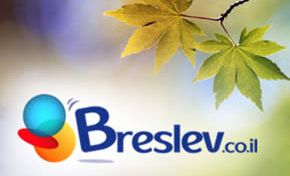

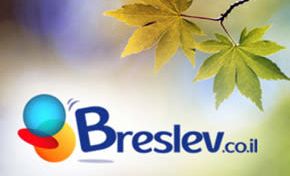

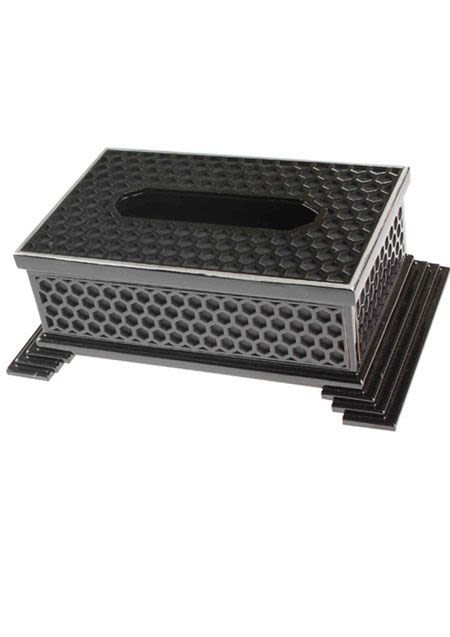
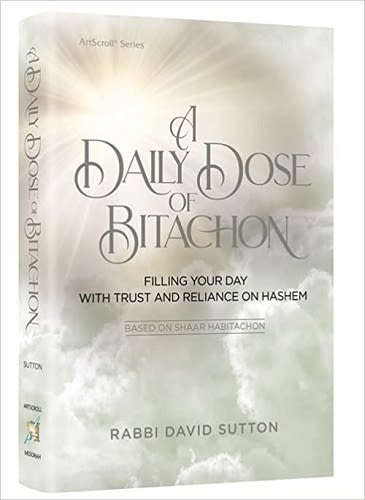
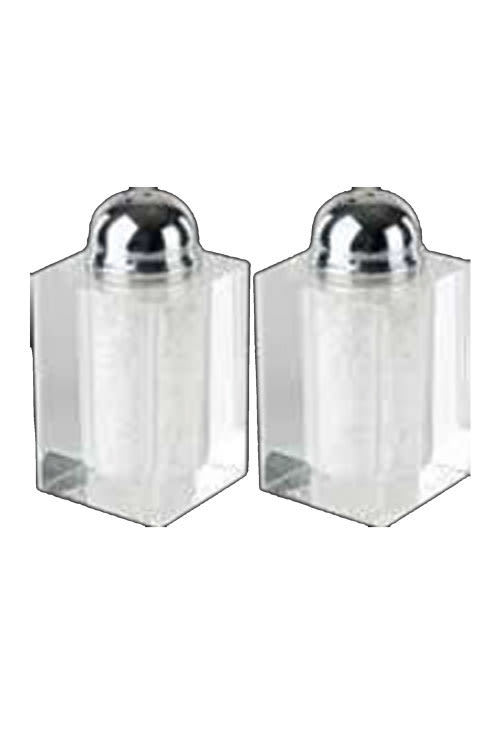
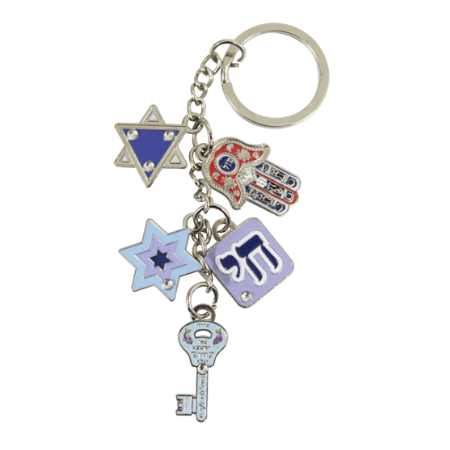

Tell us what you think!
Thank you for your comment!
It will be published after approval by the Editor.